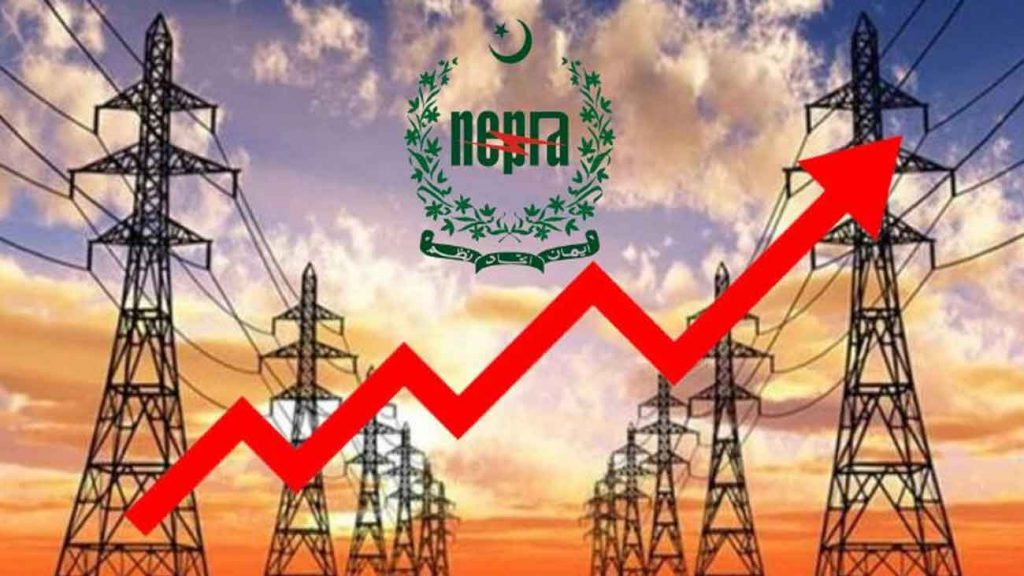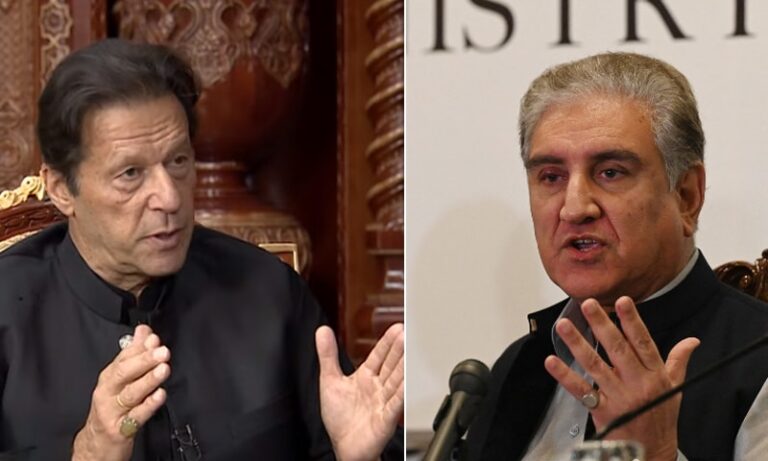Editorial
The recent advice by the International Monetary Fund (IMF) to review the National Finance Commission (NFC) Award has sparked a new debate among those inclined towards centralisation. These quarters claim that the award is responsible for the country’s current poor fiscal situation. However, this notion is baseless and ignores the fact that the Constitution of Pakistan was drafted and promulgated with the consensus of elected representatives. It has long ago settled the administrative, legislative, and financial authority of the Federation and federating units. The NFC Award, which has set arrangements for the collection and distribution of revenues accruing from different sources, including natural resources, has been instrumental in achieving fiscal federalism in the country.
Despite the success of the NFC Award, there is an organised campaign to build public opinion against it, trying to create an impression that it is the cause of all the ills of the economy. Such attempts may upset the equilibrium, with snowball effects and disastrous consequences. It’s crucial to understand that the NFC Awards were not the outcome of the 18th Amendment. Article 160 of the Constitution of Pakistan regarding the National Finance Commission was already there in the original Constitution of 1973. The historic 7th NFC Award was announced on 18th March 2010, resolving the longstanding issue of the distribution of resources between the Federation and the Provinces of Pakistan.
The NFC Award represents political consensus regarding the need to transfer resource control to the provinces. It has resolved outstanding issues such as arrears owed to Khyber-Pakhtunkhwa on net hydel profits and to Balochistan on gas development surcharge (GDS) by the Centre. Therefore, it is not the NFC Award that is essentially wrong but those who have held the reins of the country and brought it to such a pass.
There are several reasons for the current poor fiscal situation, including scarce foreign reserves, muted economic activity, high cost of federal state-owned enterprises, poor governance, failure to generate more revenue (tax collection), and an elitist captured economy. The federal government is reluctant to shed the burden of departments on the provinces, and it is adamant that it would continue with the Benazir Income Support Programme, which is the job of the provinces. The primary reason is dismal growth and failure to reduce poverty, as a result of which 40% now live below the poverty line.
It is high time that we realise that most of the human development activities such as education, health, sports and recreation, social welfare, housing, water and sanitation, and even economic development are being undertaken by the provinces, which is not possible without proper fiscal space. Therefore, instead of revisiting the NFC Award, we should focus on improving the economy. This is not just a suggestion, but a necessity if we are to address the root causes of the current economic situation, such as a lack of investment, poor governance, and an over-centralised system. It is only by doing so that we can achieve our goal of a prosperous and stable Pakistan.
Please, subscribe to the YouTube channel of republicpolicy.com

















































